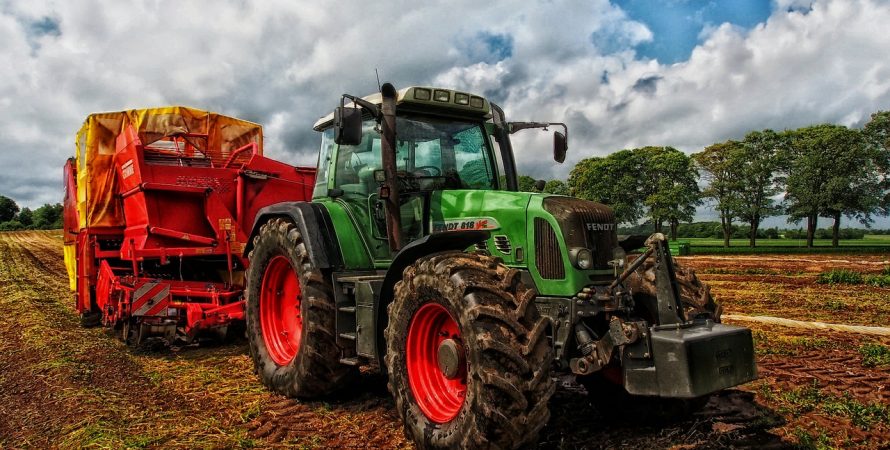Cryptocurrencies have begun to overpower the market, and their impact can be directly seen through the new norms proposed by the finance industry, in order to maintain their monopoly. What the future holds for cryptocurrencies is unknown, but the underlying technology for most of them, ‘blockchain,’ is definitely going to go a long way. We know blockchain’s potential of revolutionising the way we look at technology, but can it influence farms and food too?
Last year, Long Island Iced Tea company decided to change their name to ‘Long Blockchain Corp’. This move was enough for the company’s shares to rise by 289% overnight. Blockchain can shower its immense benefits over the food industry. A confidential and traceable system will be established which will make trading easier for each unit in the supply chain.
Often while trading food products globally, countries have to face unreasonable sanctions like sanitary and phytosanitary sanctions that may result due to a trade war. Such issues can be resolved by the application of blockchain technology. Under blockchain, a step by step tracking system can be maintained, and information like prevalent farming conditions and how the products are transported, will be made available. Such a technology has the potential to make international trading of farm products much easier.
Integrating blockchain will also ensure that food being delivered to victims of a calamity is delivered on time as every piece of information will be available on the ledger. Additionally, it can also help promote education with regards to packaged food, as the consumer can distinguish from the labeling itself whether the item is safe for consumption. Even an effective system of payment for farmers can be constructed. Under this system, farmers would be paid their final price in accordance with the quantity being delivered to the final user. . This will, in turn, help in getting rid of the middlemen who contribute to the lower incomes received by the farmers. .
Employing blockchain would mean all records would be available for viewing from anywhere, at anytime. It, therefore, has the potential to be a boon for the farming and food industry.





US regulatory agency SEC cautiously optimistic about ICOs